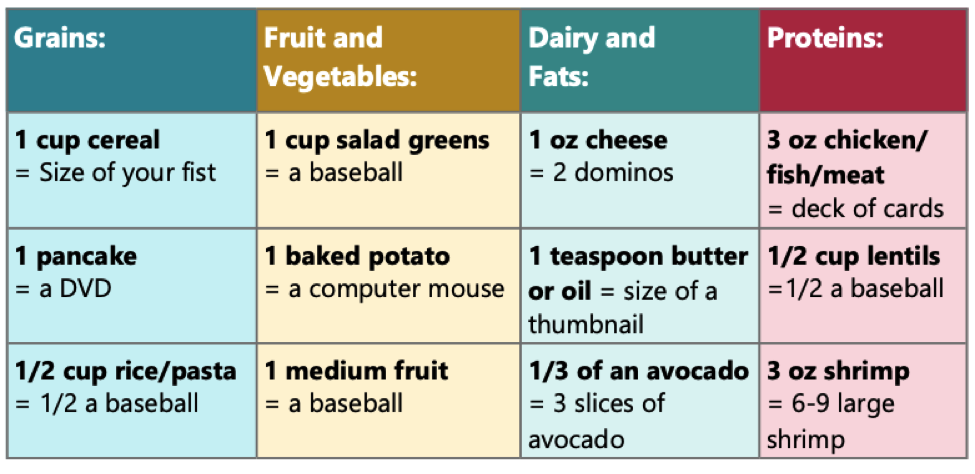Now that we have cooler (and darker) fall days rolling in, we wanted to talk about keeping up your endorphins! Endorphins are our body’s all natural “feel good” hormones. They help us feel good and lower our stress. They also act as a natural painkiller by reducing pain and increasing pleasure. This gives us a feeling of well-being. Endorphins have many other benefits too, such as:
- Boosting our self-esteem and immune systems
- Controlling weight
- Reducing anxiety
- Helping our skin’s appearance
What are the ways to boost your endorphins?
- Exercising. The so called “runner’s high” is a reference to endorphin levels. Regular exercise also helps reduce feelings of anxiety and depression.
- Practicing mindfulness by being present during everyday tasks.
- Helping others makes you feel good and turns on the pleasure center of your brain.
- Getting a massage or acupuncture helps with circulation/blood flow, leading to an endorphin increase
- Drinking red wine or eating dark chocolate (in small amounts of course). Chemicals in these foods called flavonoids are linked to endorphin release.
- Eating spicy foods. Capsaicin, which gives spicy food its heat, tricks the body into thinking it’s in pain. This causes endorphins to release (who knew!)
- Laughter which makes you feel good all over.
- Smelling essential oils. Certain smells can trigger a happy memory.
- Creating something, like a drawing or baking to work your brain in a new way.
- Dancing and listening to music.

